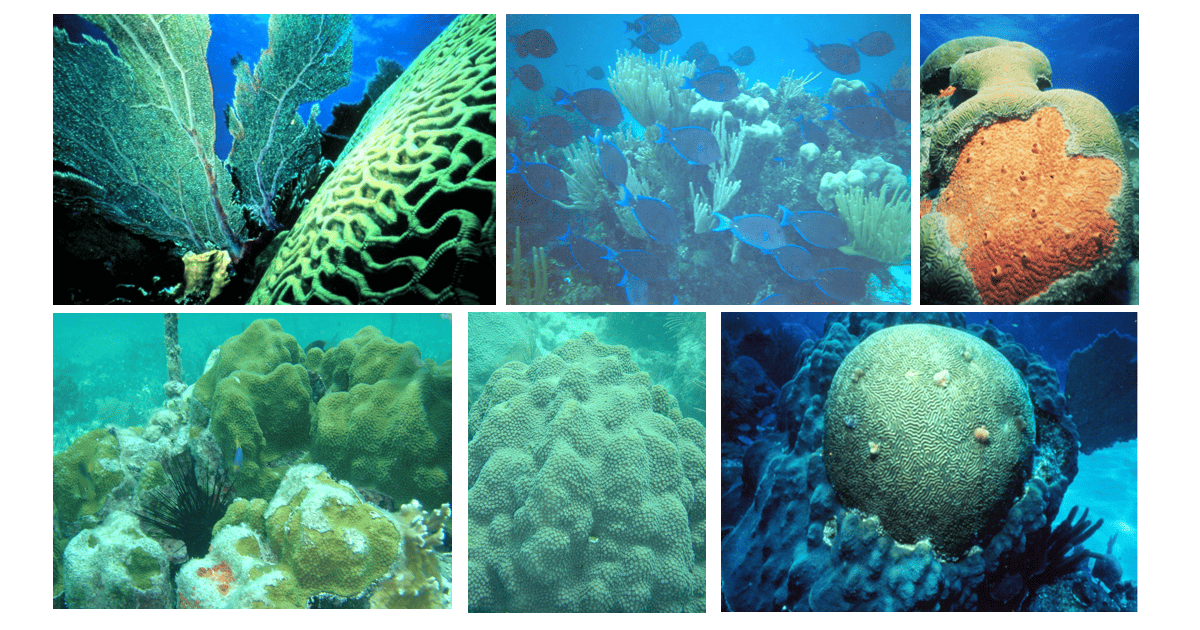Ecology and Paleoecology of Atlantic and Caribbean Coral Reefs
A special issue of Diversity (ISSN 1424-2818). This special issue belongs to the section "Marine Diversity".
Deadline for manuscript submissions: 1 December 2024 | Viewed by 217

Special Issue Editor
Special Issue Information
Dear Colleagues,
Atlantic and Caribbean coral reefs have a fascinating past, a rapidly changing present, and an uncertain future. Extending from the Abrolhos Bank off the eastern region of Brazil, north to Bermuda, coral reefs are found in suitable habitats across 50° of subtropical and tropical latitudes. Originally part of the circumtropical expanse of warm, carbonate provinces, connections to the Indo-Pacific via the Tethyan Seaway were closed in the Miocene. Later, connections to the Eastern Pacific were lost with the closure of the Panama Seaway in the Plio-Pleistocene. Isolation and environmental stresses have resulted in a much diminished diversity of many reef taxa, compared with the western Pacific, though some taxa have diversified in their more isolated regions. This Special Issue provides a platform to explore the unique characteristics of Atlantic Province reefs, including reef-building taxa, the diverse and fascinating invertebrate biota, and inter-relationships between reef habitats and taxa that feed the human inhabitants throughout the region. Whether exploring genetic, ecological or environmental research on modern taxa, or modeled future, current distributions, or evolution or extinctions of fossil predecessors, the goal is to compile a set of research papers that celebrates the unique characteristics of coral reefs of the Atlantic realm.
Prof. Dr. Pamela Hallock
Guest Editor
Manuscript Submission Information
Manuscripts should be submitted online at www.mdpi.com by registering and logging in to this website. Once you are registered, click here to go to the submission form. Manuscripts can be submitted until the deadline. All submissions that pass pre-check are peer-reviewed. Accepted papers will be published continuously in the journal (as soon as accepted) and will be listed together on the special issue website. Research articles, review articles as well as short communications are invited. For planned papers, a title and short abstract (about 100 words) can be sent to the Editorial Office for announcement on this website.
Submitted manuscripts should not have been published previously, nor be under consideration for publication elsewhere (except conference proceedings papers). All manuscripts are thoroughly refereed through a single-blind peer-review process. A guide for authors and other relevant information for submission of manuscripts is available on the Instructions for Authors page. Diversity is an international peer-reviewed open access monthly journal published by MDPI.
Please visit the Instructions for Authors page before submitting a manuscript. The Article Processing Charge (APC) for publication in this open access journal is 2600 CHF (Swiss Francs). Submitted papers should be well formatted and use good English. Authors may use MDPI's English editing service prior to publication or during author revisions.
Keywords
- biodiversity
- biogeography
- coral-reef ecosystem
- reef-species distributions
- reef community structure
- resilient species
- endemic species
- vulnerable species
- climate change
- Neogene reefs
- Miocene reefs
- Pliocene reefs
- Pleistocene reefs
- climate change to reef ecosystem services
Planned Papers
The below list represents only planned manuscripts. Some of these manuscripts have not been received by the Editorial Office yet. Papers submitted to MDPI journals are subject to peer-review.
Title: Taxonomic and functional diversity, assemblage structure, and biological trait analysis of cryptofaunal nematode assemblages along the coral reef system Jardines de La Reina, Caribbean Sea
Author: Armenteros
Highlights: First study describing cryptofaunal nematode assemblages on hard reef substrates
Assemblages exhibit moderate γ-diversity, α-diversity similar along reef, while β-diversity varied related to small-scale substrate heterogeneity
Assemblage structure was indistinct along the reef and driven by substrate heterogeneity and turbulent flows
Functional structure showed a set of traits reflecting adaptation of nematodes to hydrodynamic regime





